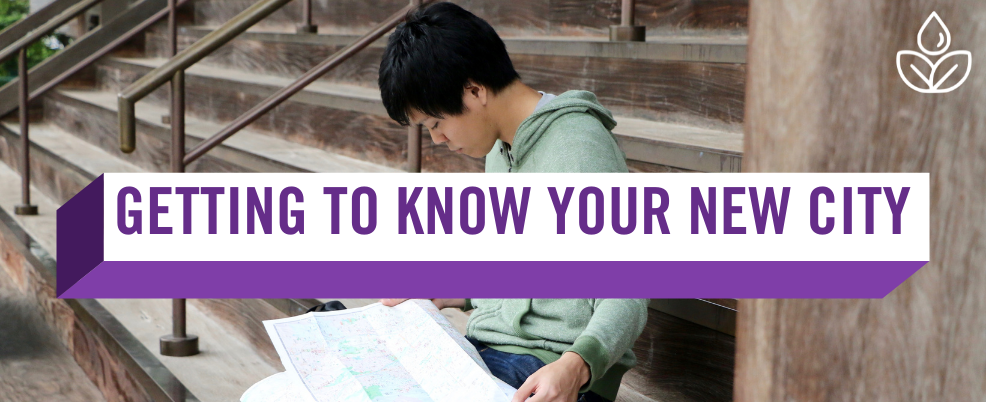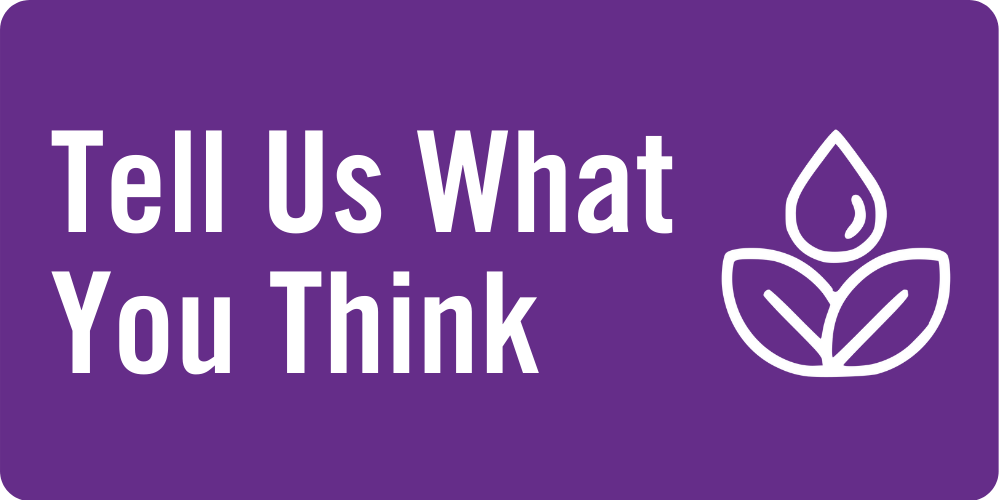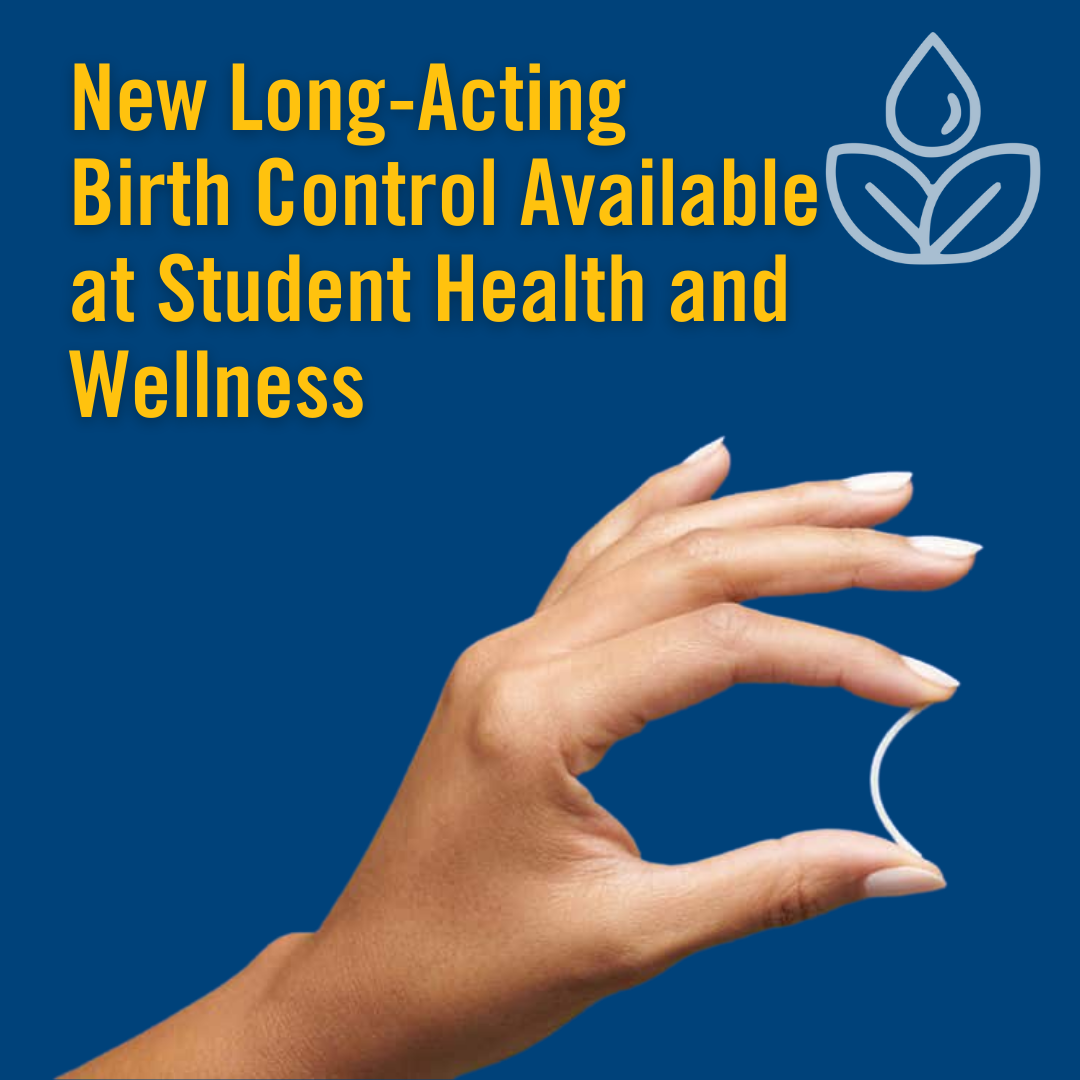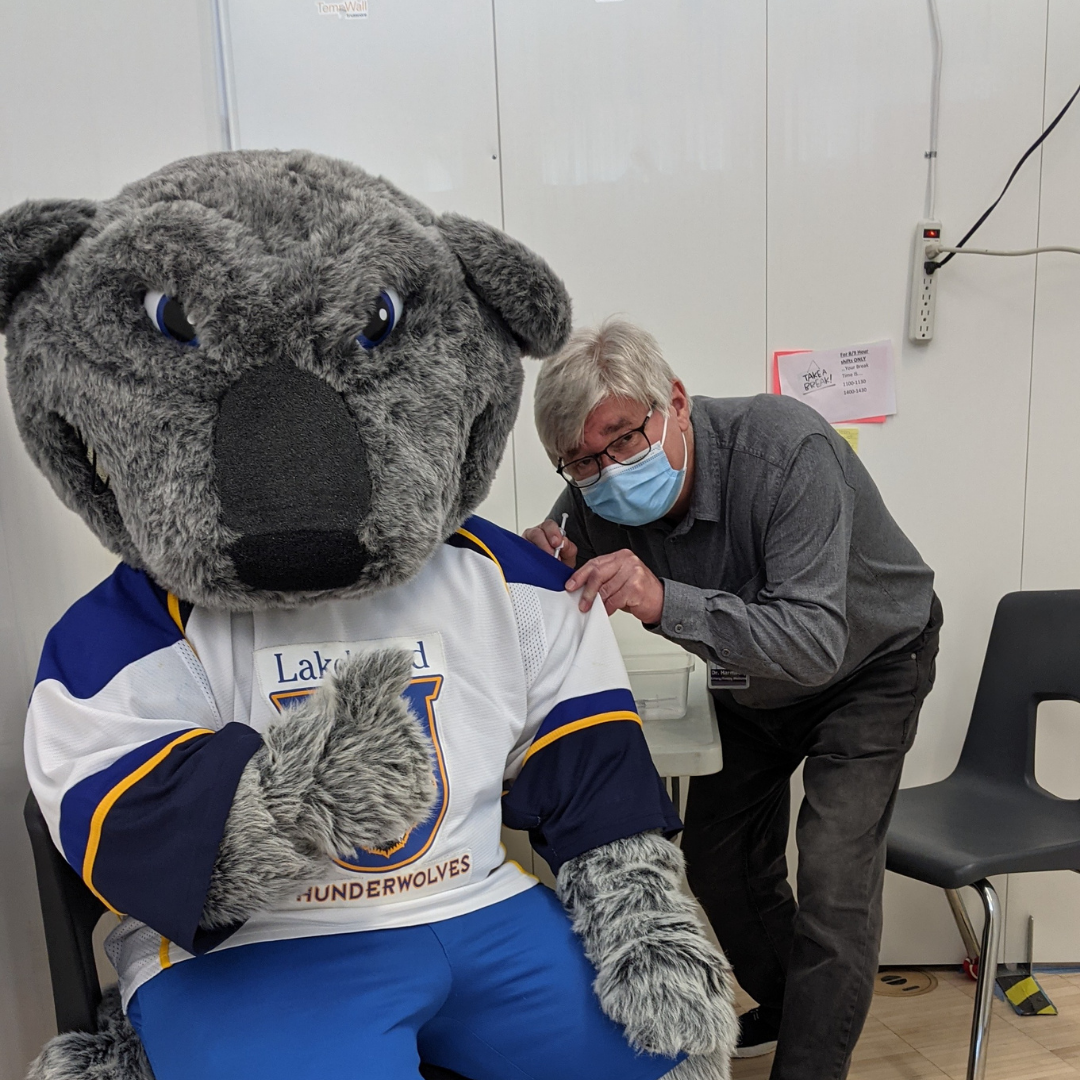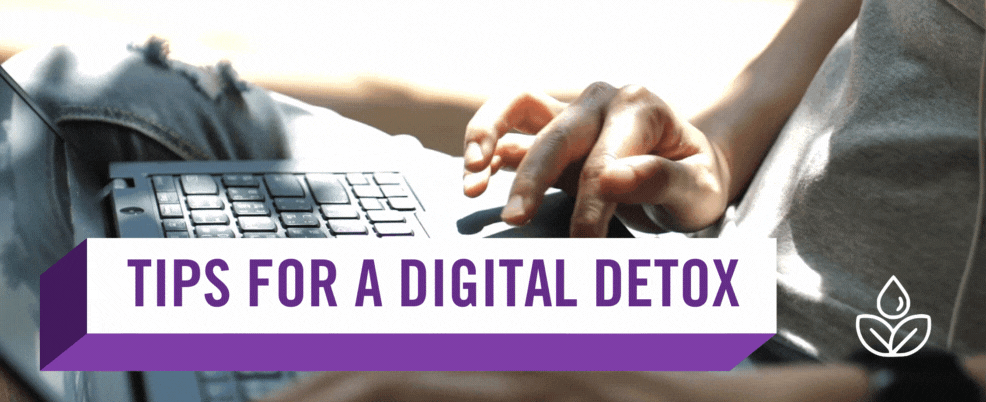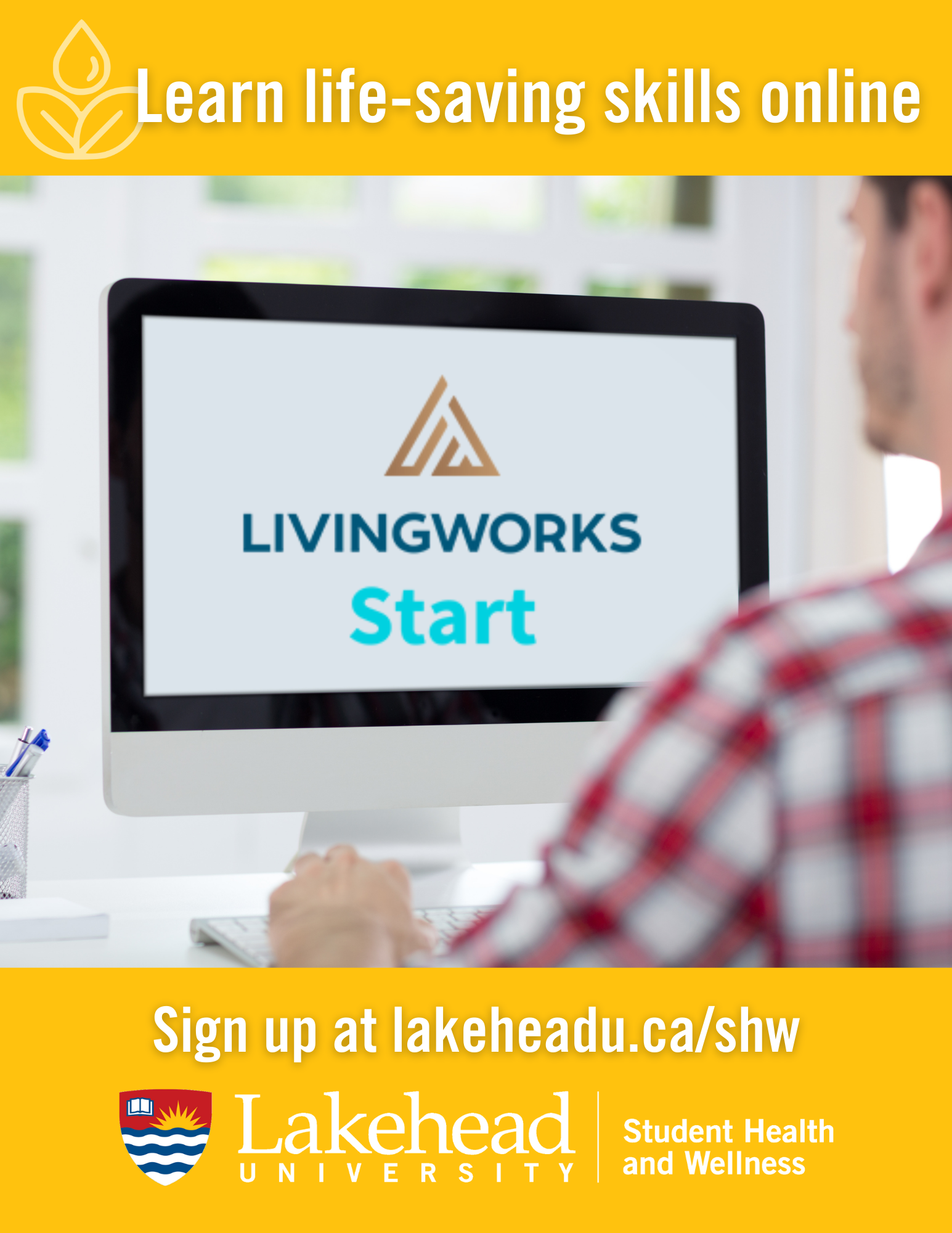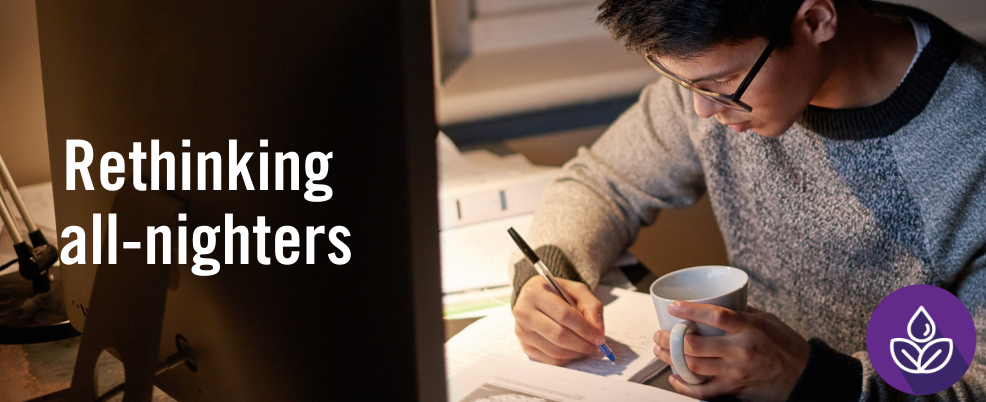Getting to Know Lakehead
One School, Two Cities
Places to study off-campus
If you want to escape the distractions of friends or the pressure of being on campus, there are many places to study off-campus in Thunder Bay. If you like to study at coffee shops, you have many options to explore along Algoma Street and in downtown Port Arthur. Some of the most popular places to go are The Habit, Calico, and Bean Fiend. If you want to take advantage of the warmer weather in September, you can study at one of the many picnic tables throughout the city. You can find some by the Marina, Boulevard Lake, and the Law School. If you like a quieter place to study, there are several public libraries in Thunder Bay that you can also utilize.
The Orillia campus is located in cottage country and this makes for a long list of comfortable and relaxing places to study off-campus. Just take a short trip to downtown Orillia and you’ll find Mariposa Market, Apple Annie’s Cafe, Eclectic Cafe, Verona Coffee, and Bakes By the Lake all on the main street - Mississauga Street East. The Orillia Public Library is also located downtown and offers a vast space for students to study, friendly staff to help out, and a large catalogue of resources. Another coffee shop that is a student study spot favourite is Mark IV Brothers -- located just east of downtown, Mark IV Brothers is a quiet and cozy coffee shop that is perfect for studying. Looking for a place to study by the water? The Couchiching Beach pavilion looks over Lake Couchiching and offers a beautiful study view. If you’re looking for a place closer to campus, don’t fret, we have a Starbucks just a 5-10 minute walk from campus that makes for the perfect spot.
The Sights
Bordered by the Boreal Forest and Lake Superior, there are tons of picturesque places to explore in Thunder Bay. If you want to catch a stunning view of the Sleeping Giant, check out Hillcrest Park, the Bluffs, or the Marina. For a walk through a forested area, check out Centennial Park, George Burke Park, and the river trails on Campus. Besides being a nice place to walk, Boulevard Lake also provides a beach, mini putt, and frisbee golf. For those without a car, Hillcrest, the Marina, and George Burke park are not too far. You can easily access these sites by biking or taking the bus from campus. Hillcrest is also a short walk away from those living around the student neighbourhood of High Street South.
Orillia is surrounded by Lake Simcoe and Lake Couchiching, located along the historic 386-kilometre Trent-Severn Waterway which provides a scenic view throughout downtown. The waterfronts in Orillia offer a number of trails, sandy beaches and picnic areas. Visit Couchiching Beach Park to look out from the docks over Lake Couchiching and keep an eye out for a variety of fun events hosted here throughout the year. Head over to J.B. Tudhope Park, also located along Lake Couchiching, which is an active park with baseball diamonds, beach volleyball courts and home to Moose Beach. Tudhope Park is also famously home to Mariposa Folk Festival every year! Closer to Lakehead’s Orillia campus (just a short walk down the road!) is Scout Valley. There are three loop trails at Scout Valley, which is dominated by mature deciduous forest. At the top of the hill is a lookout with views across Lake Simcoe and Lake Couchiching.
Local Dining
Whether you are tired of food from the Res Cafe or need a break from cooking, Thunder Bay has many local restaurants to check out. Located by Algoma Street and Bay Street, Rebel Salad, Growing Season, and the Nook offer great food. Both Rebel Salad and the Growing Season offer healthy but delicious salads with options to create your own salad. If you prefer Italian food, the Nook offers great meals. More restaurants can also be found in downtown Port Arthur. For Thai food lovers, Thai Kitchen offers delicious Thai food. In Common and Apple Chipotle’s are good restaurants in the area. If you are too busy to get out of the house, no worries! Several places within Thunder Bay will deliver the food right to you. Through Skip the Dishes you can order from Eat Local Pizza, Sushi Station, Daytona’s and much more.
Orillia has a wide range of restaurants you can visit to satiate your cravings! Take a break from the cafeteria and treat yourself by going out for a bite to eat at any of the fabulous restaurants in the city or order in and enjoy the delicious food in residence or at home. Downtown is home to some local favourites: Brewery Bay’s slogan is Good Grub, Great Pub: a statement that is 100% true. Kenzington Burger Bar has the best burgers in town - whether you enjoy a classic cheeseburger or want something more extravagant, Kenzington is the place to go. Rustica offers delicious wood-fired pizzas and other delicious Italian dishes. Studabakers Beachside is a student favourite due to its sun-soaked patio and great pub food. Also located downtown, Shine is an awesome juice bar and cafe. Its menu is completely plant-based and gluten-free, and 90% of the menu items are locally sourced and organic! Closer to campus you’ll find places like Thai Plate, Tops In Pizza, St Louis Bar and Grill, Osmow’s, and Wimpy’s Diner!
Other Places to Visit
While in Thunder Bay, you might as well take advantage of this opportunity to learn about the local talent and community. The Thunder Bay Country Market is the perfect place to visit on a Saturday morning or a late Wednesday afternoon. It has vendors that sell anything from locally grown veggies to handmade pottery. While you treat yourself to some good food, you can gain the satisfaction of supporting the local community. Right in the heart of where many students call home (On Beverly and Winnipeg), there is the Thunder Bay Community Auditorium. Throughout the year, there are many performances that you can watch. Since Covid-19 caused many restrictions to be put into place, the number of tickets and performances may be limited. If you are interested in the history of the Great Lakes, you can visit the Alexander Henry, which was a ship that served on the Great Lakes from 1959-1984.
Orillia has many places you can visit and explore to learn about the city’s history and take advantage of the cultural offerings Orillia has up for grabs. The Orillia Opera House, located on Mississauga Street E and West Street in the downtown area, produces professional theatre during the summer and presents concerts and educational programming throughout the year. The Orillia Farmers' Market is one of the longest-running farmers' markets in the province, with its roots going back to 1842 when it first operated at the waterfront. Our growers look forward to Saturdays on the Market, where they offer fresh-picked produce in season, naturally raised meats, handmade crafts from around the county, as well as a variety of yummy baked goods and ready-to-eat treats. The Orillia Museum of Art & History (OMAH) acts as a hub of culture and heritage in the heart of Orillia’s Peter Street Arts District. OMAH offers exciting and innovative exhibits, events, programming and activities that reach out and engage everyone.
Check out the WelLU maps provided on the Student Health and Wellness Website to find many more places to explore - in both Thunder Bay and Orillia!
-Sarah Simpson, Orillia Work-Study Student and Rebekkah Pyle, Thunder Bay Work-Study Student
